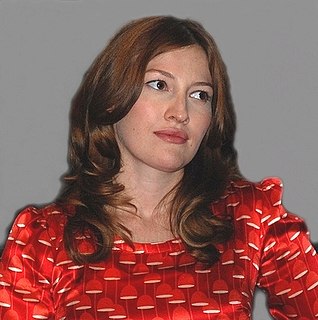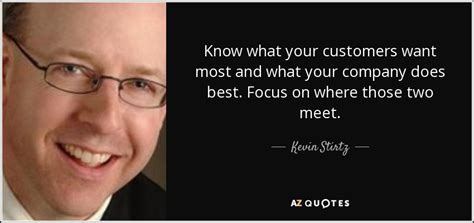A Quote by Bernie Siegel
Stories change people while statistics give them something to argue about.
Related Quotes
I also knew that if people have a position on something and you try to argue them into changing it, you’re going to strengthen that position. If you want to change people’s ideas, you shouldn’t try to convince them intellectually. What you need to do is get them into a situation where they’ll have to act on ideas not argue about them.
There is a certain embarrassment about being a storyteller in these times when stories are considered not quite as satisfying as statements and statements not quite as satisfying as statistics; but in the long run, a people is known, not by its statements or its statistics, but by the stories it tells.
In the patient who succumbed, the cause of death was evidently something which was not found in the patient who recovered; this something we must determine, and then we can act on the phenomena or recognize and foresee them accurately. But not by statistics shall we succeed in this; never have statistics taught anything, and never can they teach anything about the nature of the phenomenon.
The Nigerian storyteller Ben Okri says that ‘In a fractured age, when cynicism is god, here is a possible heresy: we live by stories, we also live in them. One way or another we are living the stories planted in us early or along the way, or we are also living the stories we planted — knowingly or unknowingly — in ourselves. We live stories that either give our lives meaning or negate it with meaninglessness. If we change the stories we live by, quite possibly we change our lives.’
Remember on this one thing, said Badger. The stories people tell have a way of taking care of them. If stories come to you, care for them. And learn to give them away where they are needed. Sometimes a person needs a story more than food to stay alive. That is why we put these stories in each other's memories. This is how people care for themselves.
There's something about looking at Super 8 films that is so evocative. You could argue it's the resolution of the film somehow because they aren't crystal clear and perfect,so there is a kind of gauzy layer between you and what you see. You could argue it's the silence of them. You could say it's the sound of the projector that creates a moodiness. But there's something about looking at analog movies that's infinitely more powerful than digital.
I think that is what we do by preserving and telling our stories. If you don't tell your stories, other people will tell their story about you. It's important that we nurture and protect these memories. Things change. Existence means change. So, the kind of precious memories about being black for my generation won't exist for my kids' and grandkids' generations unless we preserve them through fiction, through film, through comic books, and every other form of media we can possibly utilize to perpetuate the story of the great African-American people.
Long experience has taught me this about the status of mankind with regard to matters requiring thought: the less people know and understand about them, the more positively they attempt to argue concerning them, while on the other hand to know and understand a multitude of things renders men cautious in passing judgment upon anything new.
I think of the medium as a people-to-people medium, not cameraman-to-people, not direction-to-people, not writers-to-people, but people-to-peopleYou can only involve an audience with people. You can't involve them with gimmicks, with sunsets, with hand-held cameras, zoom shots, or anything else. They couldn't care less about those things. But you give them something to worry about, some person they can worry about, and care about, and you've got them, you've got them involved.
The fascinating thing about standard economic stories is exactly that: they assume that everybody wants that kind of closure. That all human relations are forms of exchange, because if everything is an exchange then it's true that we're both equals. We walk up, I give you something, you give me something, and we walk away. Or I give you something, you don't give me something right now, and you owe me. So if we have any ongoing relationships at all, it's because somebody is in debt.






































